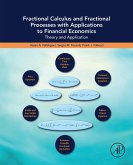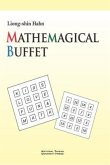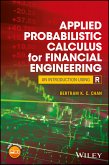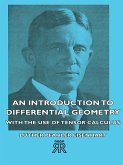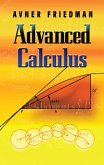Both deductive and inductive methods in scientific research have undergone significant changes since the beginning of the 20th century as sciences advance rapidly. Deductive method reached its pinnacle when Russel's paradox became popular in the field of mathematical logics. The famous barber's paradox illustrates the inevitable logical dilemma: the only barber in an isolated village does the following: (1) he cuts hair for those who do not cut their own and (2) does not cut hair for those who cut their own. Suppose 90 members in the village do not cut their hair (so barber cuts their hair) and 9 cut their own hair (thus barber does not cut their hair). The question is who cuts the barber's hair? The intrinsic contradiction arrives in either way. If barber cuts his own hair, then it contradicts the condition the barber cuts hair for those who do not cut their own hair: the barber cuts his own hair if he (the barber) does not cut his hair. On the other hand, if the barber does not cut his hair, then he (the barber) will cut his own hair, another contradiction. In either case, we seem to arrive at an inescapable contradiction: such a barber cannot possibly exist in the logical world.
Godel took a step further to show contradictions are intrinsically inevitable in his famous Incomplete Theorems. Let us start it by trying to prove the statement that "ghost exists" via valid arithmetic rules and true axioms. Suppose at halfway, we arrive at "that ghost does not exist is provable (which is quite acceptable to some of us)" with all correct logical steps and well-known and time-tested axioms. Assuming for one moment we reject the hypothesis that ghost exists and hence conclude ghost does not exists. The conclusion that "ghost does not exist "can clearly be translated into "that ghost does not exist is provable". However given the hypothesis is false, its proposition logically derived halfway (that ghost does not exist is provable) cannot be true because all the arithmetic rules and axioms are valid. As a result we reject the proposition derived halfway that "ghost does not exist is provable "so that we have "ghost does not exist is not provable or ghost exist is provable" because in a complete system we have only two possible outcomes: either ghost exists or does not exist or it is provable or not provable. In a nutshell, we have arrived at both that "ghost does not exist is provable" and "ghost exists is provable". Reader can find out when the hypothesis is supported, we have two contradictory propositions as well: that "ghost exists is provable" and that "ghost does not exist is provable". There is an intrinsic dilemma between consistency and completeness in the formal deductive logic.
Godel took a step further to show contradictions are intrinsically inevitable in his famous Incomplete Theorems. Let us start it by trying to prove the statement that "ghost exists" via valid arithmetic rules and true axioms. Suppose at halfway, we arrive at "that ghost does not exist is provable (which is quite acceptable to some of us)" with all correct logical steps and well-known and time-tested axioms. Assuming for one moment we reject the hypothesis that ghost exists and hence conclude ghost does not exists. The conclusion that "ghost does not exist "can clearly be translated into "that ghost does not exist is provable". However given the hypothesis is false, its proposition logically derived halfway (that ghost does not exist is provable) cannot be true because all the arithmetic rules and axioms are valid. As a result we reject the proposition derived halfway that "ghost does not exist is provable "so that we have "ghost does not exist is not provable or ghost exist is provable" because in a complete system we have only two possible outcomes: either ghost exists or does not exist or it is provable or not provable. In a nutshell, we have arrived at both that "ghost does not exist is provable" and "ghost exists is provable". Reader can find out when the hypothesis is supported, we have two contradictory propositions as well: that "ghost exists is provable" and that "ghost does not exist is provable". There is an intrinsic dilemma between consistency and completeness in the formal deductive logic.
Dieser Download kann aus rechtlichen Gründen nur mit Rechnungsadresse in A, D ausgeliefert werden.




